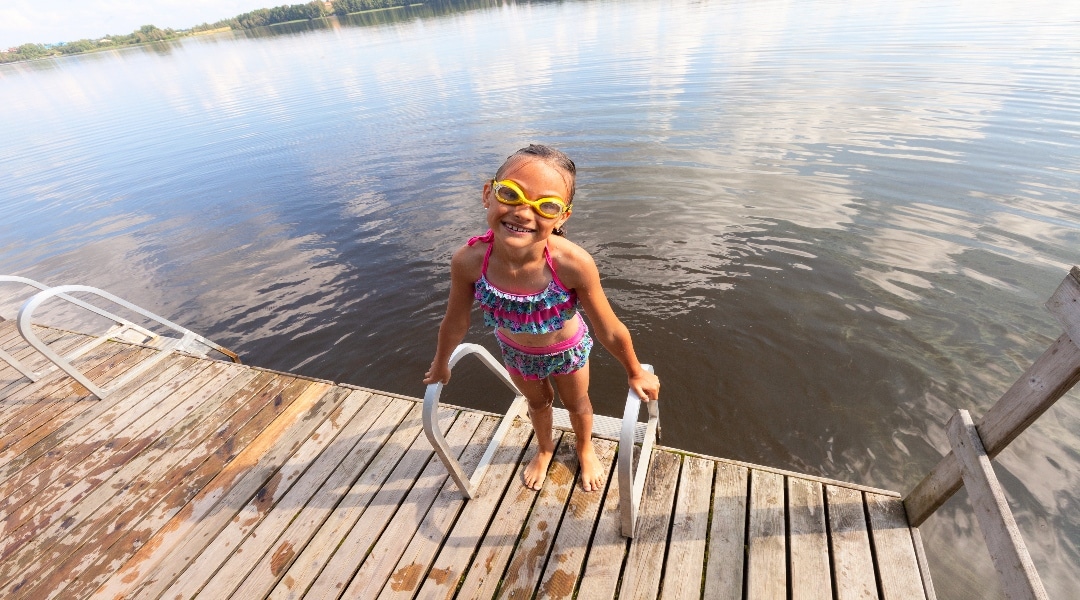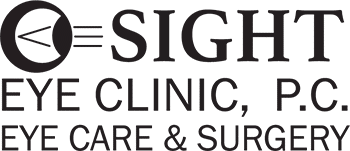6 Tips to Protect Your Eyes this Summer
Eye injuries and conditions can happen at any time during the year. But the summer season—complete with bright sun, sand, and outdoor activity—can pose particular risks and challenges. It is important to learn some tips to protect your eyes this summer.
Fortunately, a little bit of preventative care can go a very long way. If you want to protect yourself from both short term eye pain and potential long-term consequences, make sure you read the tips to protect your eyes this summer below.
Get a Good Pair of Sunglasses
Sunglasses are a critical component of summer eye protection.
Most obviously, good sunglasses greatly reduce the amount of sunlight glare, which means much less squinting and less eye pain. In addition to keeping your eyes more comfortable, sunglasses can help prevent headaches, migraines, blurry vision, and other secondary effects of overstrained eyes.
There’s also the matter of UV ray protection. While there’s still no scientifically proven connection between sunlight exposure and things like macular degeneration or cataracts, we’d still recommend caution. Even if not linked to those conditions, UV-A and UV-B exposure can still potentially damage eyes and the surrounding skin.
In fact, your eyes can actually get sunburned—a condition called photokeratitis. While it is usually temporary, it can be very painful.
Some things to consider when picking out sunglasses:
- It’s not just about tint. Look for sunglasses that are anti-glare (polarized) and block all or a majority of UV-A and UV-B light. Check the label to see the ANSI classification; “general purpose” (minimum 95% UVB, 60% UVA protection) is ideal for most situations, while “special purpose” (99% UVB, 60% UVA) might be better if you’re in an extremely bright or reflective area. “Cosmetic” shades (70% UVB, 20% UVA) are less protective and might be better saved for indoor environments.
- The bigger, the better. Large sunglasses that “wrap around” or otherwise don’t allow light to get in from above, below, and the side of the frames offer much more thorough protection.

Other Tips to Protect Your Eyes this Summer
While the sun’s rays are most damaging on a bright, sunny day from roughly 10 a.m. to 2 p.m., UV exposure persists throughout the day.
At the same time, it’s important to note that cloud coverage isn’t necessarily as protective as you might think. A whole lot of UV radiation can still get through.
For these reasons, we’d recommend you wear your sunglasses any time you’re going to be outside (or driving) for an extended period this summer—even if the day is a cloudy one. We also encourage you to:
- Wear a hat. A sun hat with a 3-inch wide brim is best, as it provides a good amount of additional protection.
- Seek the shade. In addition to a hat, staying out of direct sun exposure (for example, by sitting under a tree or beach umbrella) gives you an extra bit of protection.
Wear Goggles When You Swim
Whether at the beach or a backyard pool, unprotected eyes can be aggravated or damaged by water exposure in a number of ways.
For pool swimming, the big culprit is chlorine, which is a chemical added to help kill germs in the water. While this is obviously a key benefit, chlorine can also be very irritating for your eyes, leading to itchiness and even bloodshot eyes. Furthermore, at least one study published in the medical journal Cornea indicated a possible link between chlorine exposure and damage to the epithelial cells of the cornea.
If you’re swimming in natural bodies of water—Lake Michigan, for example—the risk comes from things like waterborne infections and sand.
In either case, a pair of watertight goggles is your best choice for eye protection.
Take Your Contacts Off Before You Get in the Water
The main issue here is that many bacteria and other micro-organisms that might not otherwise bother you can either attach to the surface of your contact lenses, or get trapped between the contacts and your eyes. This dramatically increases your risk of developing a potentially dangerous infection, including one that could cause significant cornea damage (or even vision loss).
If your vision is so poor that you aren’t able to safely swim without some kind of corrective eyewear, our best recommendation would be getting a pair of watertight prescription goggles. That will give you all the benefits and none of the risks.
In a pinch, the next safest option would be daily disposable contacts combined with watertight swim goggles. The contacts should be thrown out immediately after swimming.

Wear Protective Eyewear at Work and Play
During the summer months, you’re probably spending a lot more time doing projects in and around the house. That includes things like mowing the lawn, working on the car, clearing gutters, using power tools, gardening, etc.
If your activities put you at greater risk of exposure to flying debris or hazardous chemicals, protective eyewear is always strongly recommended. While you might think the risk of an incident is low—and hopefully it is—the reality is that it only takes a single accident or unexpected ricochet to do life-long damage to your eyes.
Look again for the ANSI standard information. If you see ANSI Z87.1 somewhere on the lens or frame, it means that the glasses, goggles, or face shield you’ve chosen meets the ANSI minimum safety standard for protective eyewear.
Protective eyewear is also a great idea if you are playing a sport—especially one that involves any kind of flying objects (baseball, tennis, racquetball, paintball, even badminton or golf). It might sound silly at first, but each year in the United States more than 40,000 people visit emergency rooms for sports-related eye injuries. The standard you should look for in eye guards or goggles for sports is ATSM F803, which indicates they hold up to the kinds of impacts common in sports.
Good materials for protective eyewear include polycarbonate and Trivex, which are highly impact-resistant and shatter-resistant when compared to normal plastic or glass lenses.
Wash Your Hands Regularly and Avoid Rubbing Your Eyes
Hand-washing and avoiding eye rubbing have already been in the news a lot this year due to COVID-19. But that’s certainly not the only reason this is good advice.
Eyes are especially sensitive to all kinds of infections, including those that cause conditions like conjunctivitis (pink eye). Eye rubbing can also worsen the effect of allergies, and even damage the eyes if you are rubbing too hard or too frequently, or you rub them after getting sand or other foreign particles in them. (Do not do this! Try blinking several times, using artificial tears, or flushing with cool water instead—and call us if these methods fail.)
If you find the urge to rub your eyes is constant and irresistible, try using saline eye drops and see if that helps. If you’re dealing with persistent dryness or irritation in the eyes, please give us a call, as there may be a more serious acute condition that requires treatment.
Don’t Delay Care for Eye Problems This Summer!
After reading these tips to protect your eyes this summer, remember you only get one set of eyes. Suffering permanent damage to your vision is not only devastating, but tragic—especially if the problem could have been avoided entirely by seeing an ophthalmologist earlier.
We want you to go out and have fun this summer, but make sure you make eye protection a high priority. If you start to notice eye pain, eye strain, or any other potential signs of an urgent eye problem, don’t leave anything to chance.
The Sight Eye Clinic is open and ready to serve patients with any and all eye care needs. Our office is taking extensive safety measures to protect our patients and staff from unnecessary COVID-19 exposure. So, please, do not risk delaying necessary care!
To request an appointment, call our office at (616) 772-2020, or fill out our contact form online.
